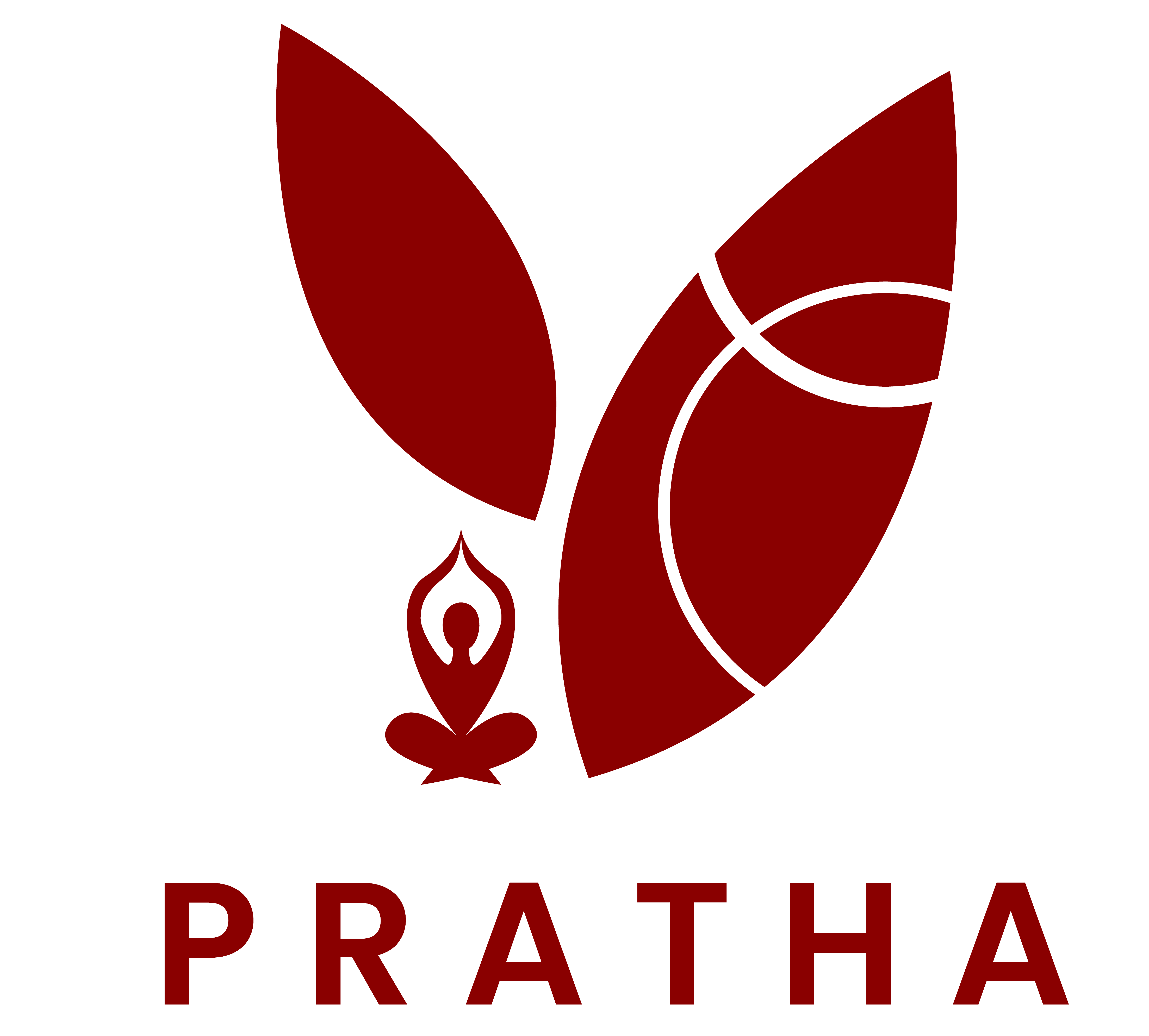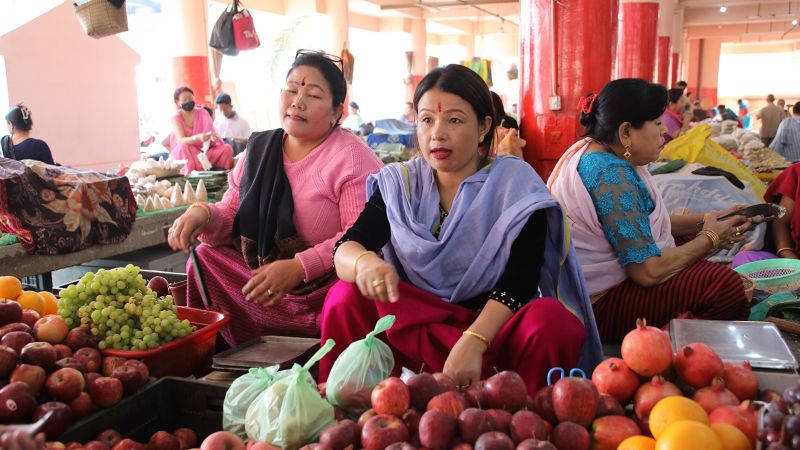Nestled in the heart of Imphal, the capital city of India’s northeastern state of Manipur, lies a truly remarkable marketplace – the Ima Keithel, or the “Mothers’ Market”. This 500-year-old institution is the world’s largest all-women run market, a testament to the resilience, entrepreneurship and economic power of the women of Manipur.
The Origins of Ima Keithel
The origins of Ima Keithel can be traced back to the 16th century, when the kingdom of Manipur implemented a forced labor system known as “Lallup-Kaba”. This system required all men from the Meitei community to serve in the army, leaving the women to step up and take on traditionally male-dominated roles.
As the men were conscripted, the women of Manipur began farming, producing textiles and other goods, and selling them in a central marketplace. Over time, this informal gathering of women vendors grew into the sprawling Ima Keithel we see today – a vibrant hub of commerce run entirely by women.
The Diversity of Ima Keithel
Ima Keithel is not just a market, but a reflection of Manipur’s diverse and egalitarian society. While the majority of vendors are from the local Meitei ethnic group, the market also houses vendors from other communities, including Hindi women and those representing Manipur’s 33 indigenous Tungdar Makunga tribes. This diversity is celebrated within the market, with vendors from different backgrounds working side-by-side in a spirit of cooperation and mutual support. As one vendor, Thoudam Ongbi Shanti, president of one of the market’s vendor groups, explains, “Even though I only started here recently and I’m not officially registered, the other women are very cooperative and friendly. They make space for me if I need it.
The Strength and Resilience of Ima Keithel’s Women
The women of Ima Keithel are not just skilled merchants, but also pillars of their community. Many are single mothers, widows, or divorcees who have found economic empowerment and independence through their work in the market. Despite facing challenges such as the 2016 earthquake that caused significant damage to the market buildings, and the disruptions of the COVID-19 pandemic, these women have shown remarkable resilience. As Oinam Ongbi Jayela, a 64-year-old tailor and widow, explains, “I love my work from the heart, I do it passionately. But it’s not just work. I’m relaxed here. It makes me happy to be with these women. Being here, I feel that I will live for a long time.”
The Cultural Significance of Ima Keithel
Ima Keithel is not just a marketplace, but a cultural institution that is deeply woven into the fabric of Manipuri society. The market is named after the Meitei goddess Ima Imoinu, the goddess of wealth and business, who is revered as the market’s protector. Throughout the market, women can be seen stopping to leave offerings at the shrine of Ima Imoinu, seeking her blessings for their businesses and livelihoods. This deep spiritual connection to the market’s origins and the goddess who watches over it is a testament to the cultural significance of Ima Keithel.

The Future of Ima Keithel
As Ima Keithel continues to thrive, it has also gained recognition on the global stage. In 2023, delegates from the B20 forum of the G20 visited the market, with one delegate remarking, “I will tell the world that there is a beautiful market run by women that sells authentic handicrafts, clothes and others.” The market’s success has also caught the attention of India’s political leaders, with the Minister of External Affairs, S. Jaishankar, calling Ima Keithel a “great example of nari shakti (women’s power) powering economic growth.” As Ima Keithel looks to the future, it is clear that this remarkable institution will continue to be a source of pride and inspiration, not just for the women of Manipur, but for people around the world who recognize the power and resilience of women-led entrepreneurship.

